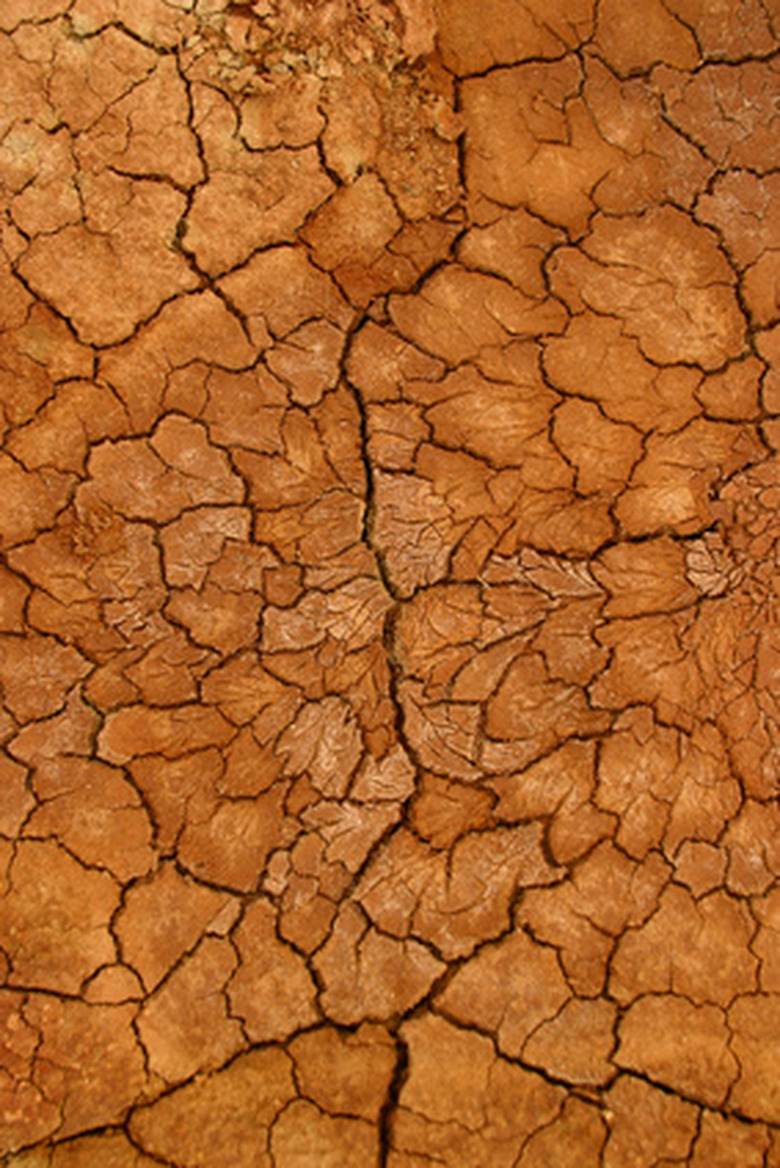What Type Of Soil Does Arizona Have?
What kind of soil does Arizona have? Almost every soil type is found in Arizona, with the exception of tropical soils. Arizona soils have a lot of clay and are very alkaline as a result. Beneath the surface soil there is often a very hard-to-penetrate layer called caliche. Another common soil type is called Casa Grande and probably covers several million acres of central and southwestern Arizona.
Arizona desert soils can be low in nutrients and difficult to work with, requiring the addition of composted organic matter to assist the soil in holding water and nutrients. In fact, many of Arizona's soils are classified as problem soils due to the fact that they are expansive and collapsing soils.
Soil Horizons/Layers
Soil Horizons/Layers
Most soil profiles have two or more distinct layers, also called horizons. These layers include the surface soil, the subsurface and the subsoil. These different layers differ in color, texture, consistency and structure as well as chemical characteristics and composition. The surface and subsurface are the coarsest layers, while subsoil is finer and firmer with a much lower organic matter content than the surface and subsurface.
Organic Matter Content
Organic Matter Content
Only about 1% of Arizona's soil content is organic matter. Organic matter is important because it helps the soil hold water and nutrients for the plants. Organic matter is very slow to accumulate under arid conditions, but content is higher in soils that have not been cultivated for long periods of time. The surface layer is most fertile and plant roots obtain most of their nutrients and water from that layer.
Clay Content of Arizona Soils
Clay Content of Arizona Soils
Arizona soils contain high levels of clay. Clay soils are very alkaline and many plants grown in alkaline soils suffer from iron deficiency, resulting in yellowed foliage. Even if iron is present in the soil – as it is in Arizona – the alkalinity of the soil prevents plants from absorbing it.
Clay soils also contract and expand, which is a problem for plants and for buildings. Clay has the potential to expand greatly in volume when wet and to collapse drastically when the weather is once again hot and dry.
Soils that are high in clay are often classified as problem soils, due to their tendency to expand when saturated with water. Expansive soils are associated with mud cracks, cracked foundations, ruptured pipelines and warped roads because as they dry, the soil shrinks.
What is Caliche Soil?
What is Caliche Soil?
Caliche occurs in the subsoil, the layer beneath the surface soil. Caliche is common throughout Arizona. It is a layer of soil that can be up to six feet deep and the soil particles are essentially cemented together with calcium carbonate.
Hand-digging a hole in caliche soil is next to impossible and any serious digging requires a jackhammer. Roots cannot penetrate caliche, restricting normal root development, and water cannot move through it. In order to grow a garden in caliche soil, first test the drainage of the area. The soil must be amended with nutrients and organic matter to successfully grow flower and vegetable crops in caliche soil.
Casa Grande Soil
Casa Grande Soil
Casa Grande is considered the main soil type of Arizona. The University of Illinois Extension reports that the soil type was first identified in 1936 and is named after the city of the same name and the Casa Grande Monument.
Casa Grande has high clay content and a lot of salt. In order to garden in Casa Grande soil, it is necessary to irrigate the soil before planting over a few weeks to wash out the salt and keep plants from getting salt burned.
Cite This Article
MLA
Swift, Dannah. "What Type Of Soil Does Arizona Have?" sciencing.com, https://www.sciencing.com/what-type-of-soil-does-arizona-have-12329193/. 20 October 2021.
APA
Swift, Dannah. (2021, October 20). What Type Of Soil Does Arizona Have?. sciencing.com. Retrieved from https://www.sciencing.com/what-type-of-soil-does-arizona-have-12329193/
Chicago
Swift, Dannah. What Type Of Soil Does Arizona Have? last modified March 24, 2022. https://www.sciencing.com/what-type-of-soil-does-arizona-have-12329193/
